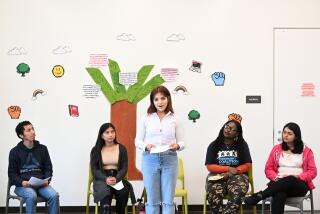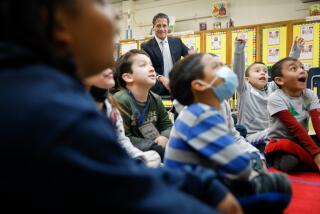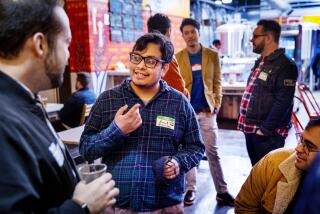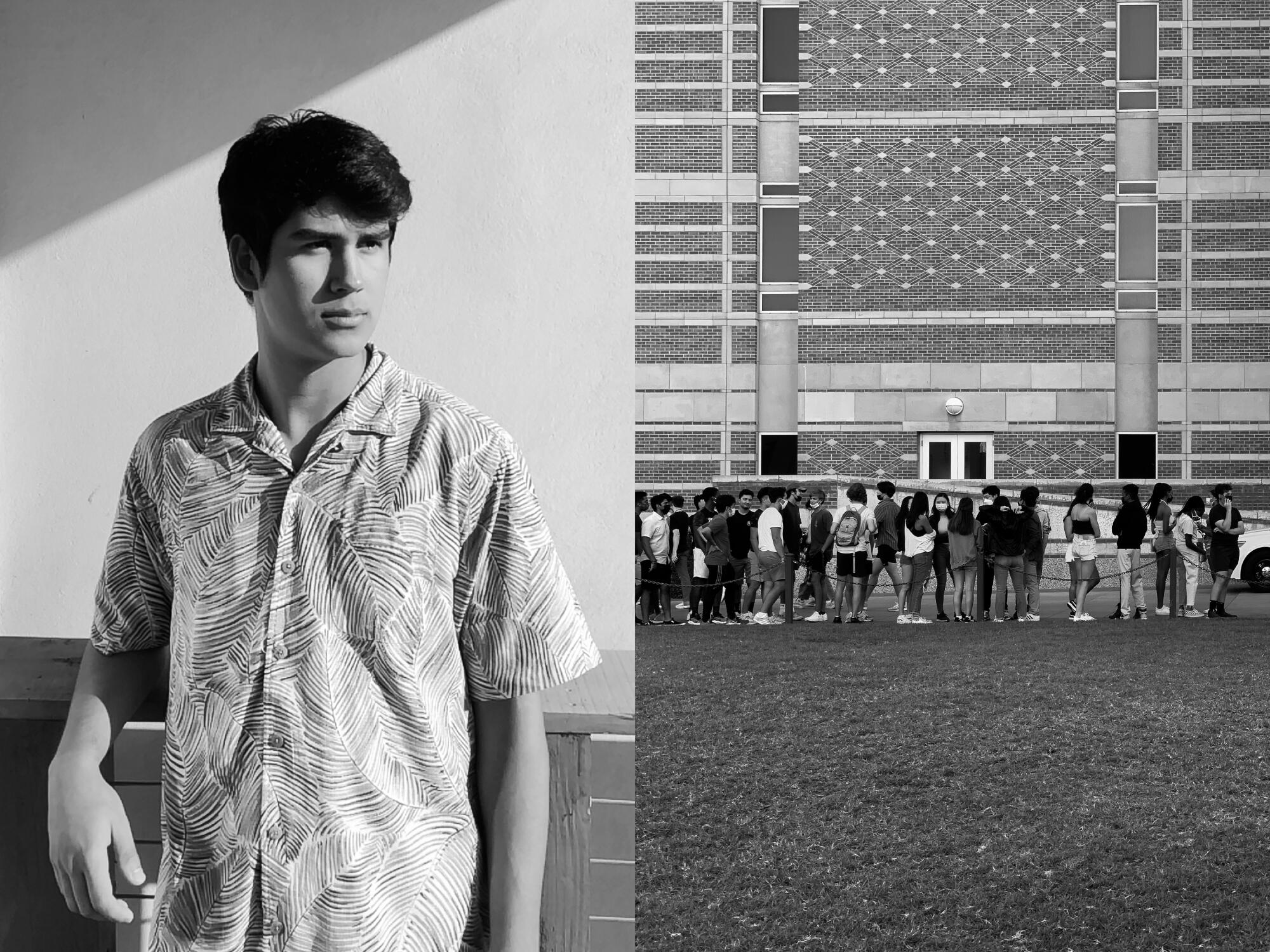
Esteban Reyes wants to make some clay pots.
The rising senior at Cal Poly Pomona is still hoping to take a ceramics course before he graduates. His plans to take the hands-on class fell through last year because of the pandemic.
Reyes is among the more than 60 college students who responded to a recent callout from The Times and shared their hopes, concerns and expectations about the academic year ahead.
As part of his senior bucket list, Reyes said he’d like to make the most of his school’s resources, participating in some in-person matches with his chess club and finding an adventurous new way to spend time.
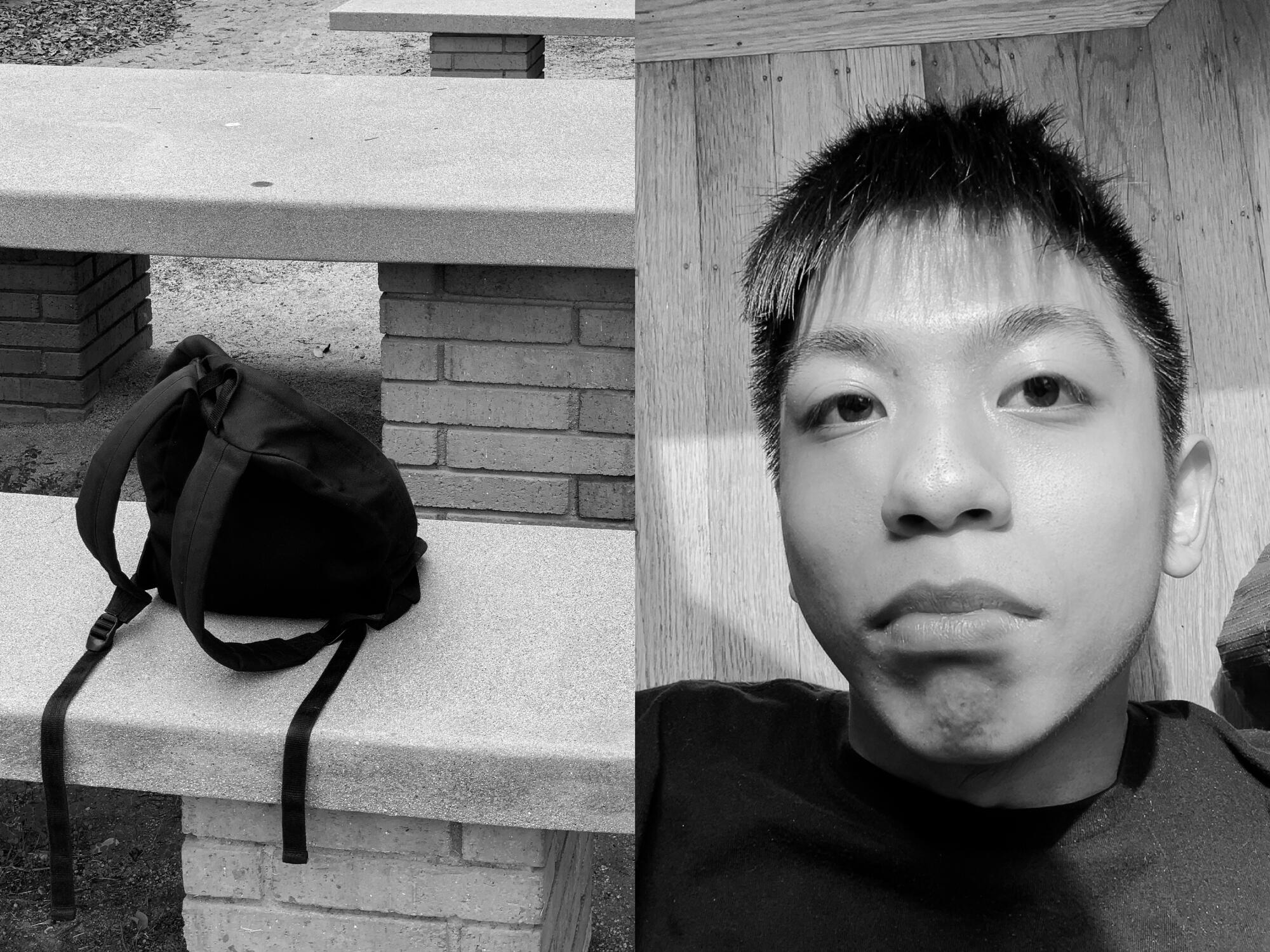
“I think I want to join another club. Not sure what, but something totally not in my comfort zone,” he said in a Zoom interview.
“Not sure” seems to be a recurring motto for returning college students, many of whom are stepping into a classroom for the first time since March 2020. As policies change at school, state and federal levels, the 2.7 million students who attend college in California (the most of any state in the country) are living with a lot of uncertainty about their fall semester.
Our survey revealed that these students have strong and divided opinions about almost every aspect of their arrival. Here’s what they said.
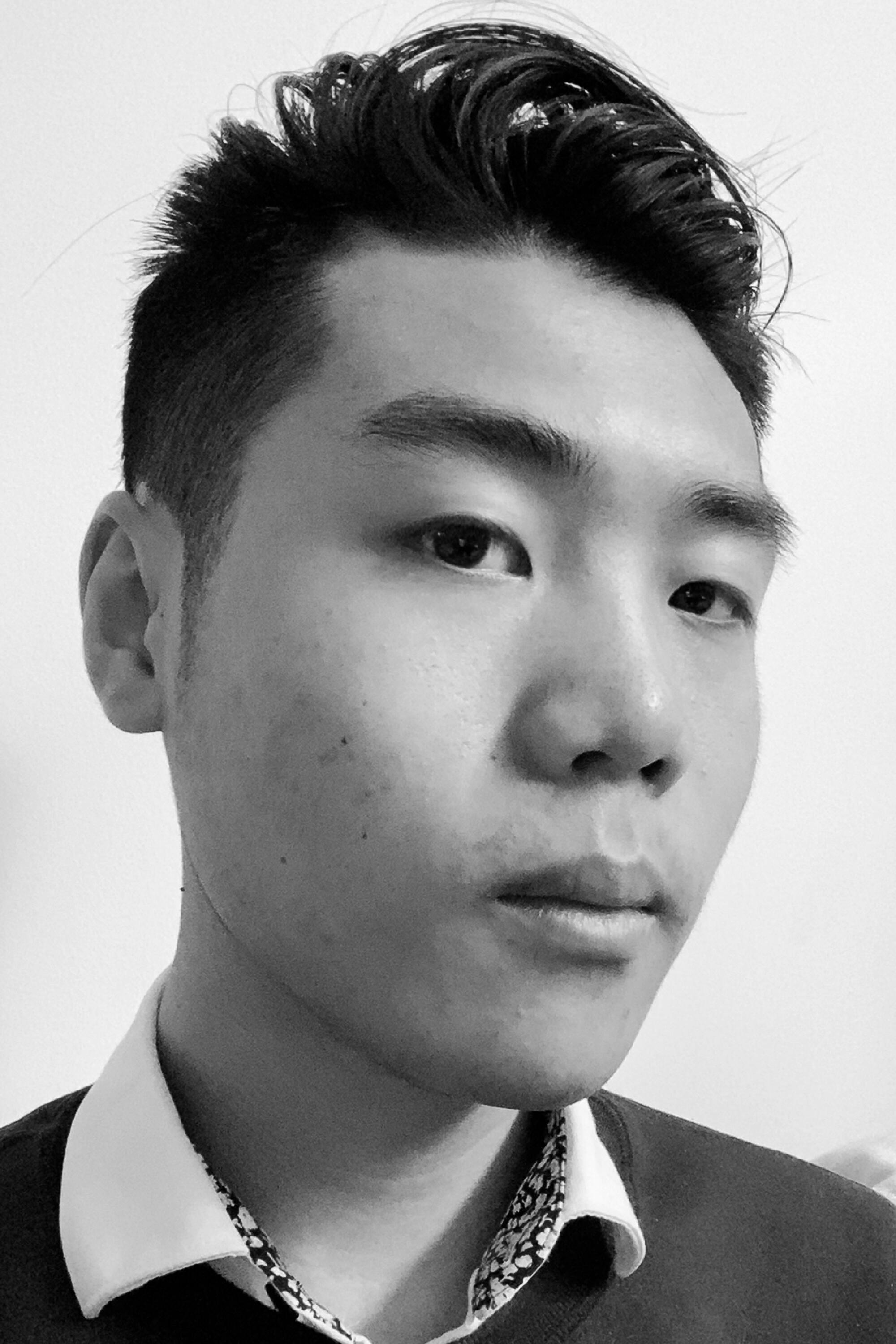
Disagreements over achieving an outbreak-free semester
Do students in California even want to be back on campus?
It depends on the school, the policies and the student.
Ross Chan attends San Francisco State University, where students have the option to attend remotely this semester. In February, almost three-fourths of the SFSU student body indicated they would prefer at least a hybrid schedule.
As a result, about 50% of SFSU students will remain fully remote this semester, according to the university. Chan is Zooming in to three of his five classes this fall. Still, he feels like his school pressured students to be back on campus.
“Comms from SF State officials are more along the lines of ‘you’ll get to be on campus, don’t worry’ instead of really addressing the pressing issue of whether it’s safe to do so,” he wrote.
Noah Reid, who attends CalPoly Pomona, said that for him, the risk of returning to in-person school is not worth the benefit.
But not all students agree. Steven Gong is a rising junior at the University of California, Irvine. He said in a phone interview that he has preparedness concerns, especially if some new strain reaches campus this fall.
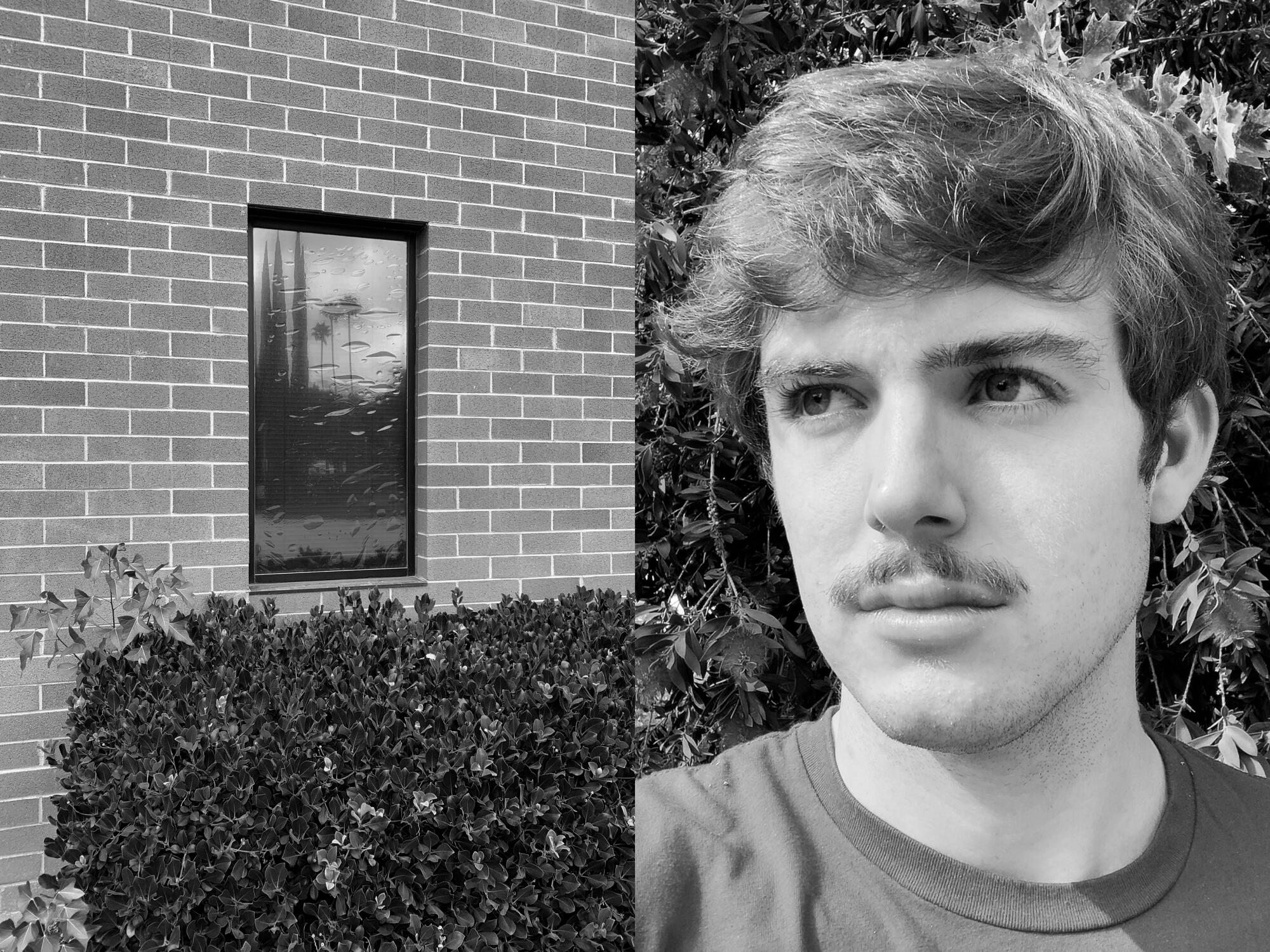
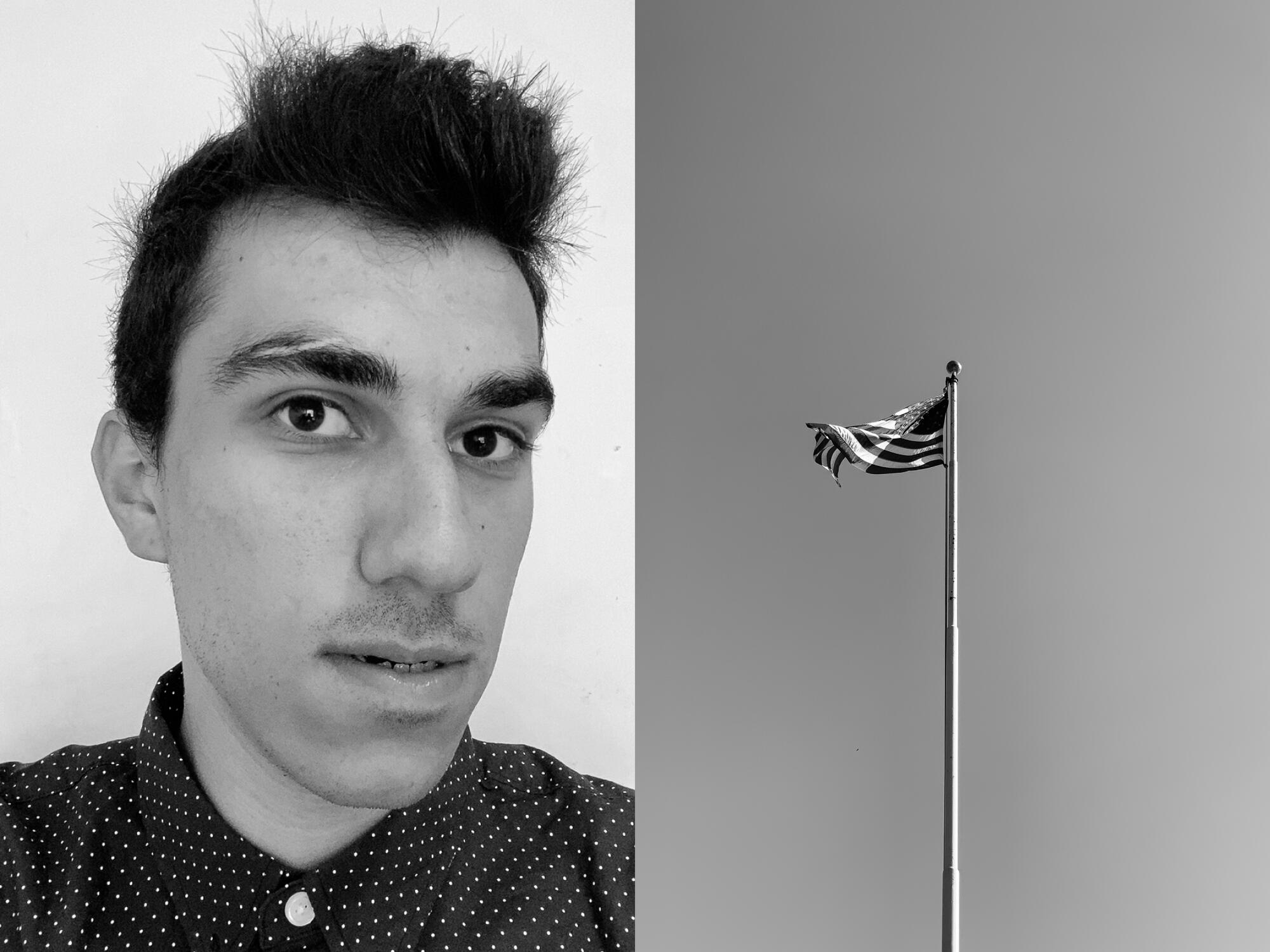
Still, on the whole, Gong said he feels good about going back. All UC students and staff, with limited exemptions, must be vaccinated against COVID-19 before returning to campus. A mask mandate is also in place.
“Vaccines plus masks, that makes me feel pretty safe already,” he said.
Students like Kenneth Oz of Cal State Northridge say they feel protected by their vaccine alone, and take issue with the university’s mask requirement.
“Wearing a mask impairs my ability to learn and makes me feel very uncomfortable. If some students wanna wear a mask, that is fine. But they should not be requiring masks for everyone,” Oz wrote.
The divide over the fall return to school might be best summed up in these two responses.
Michael Wheeler of UC Davis wrote, “Honestly, I’m not at all concerned. I’m confident in my vaccine, the whole student body should be vaccinated too, and I can’t wait to be back in the classroom.”
Raymond Laughery, a senior at the same school, wrote, “Studies have shown the vaccine has an 80-90% efficiency against the Delta variant. I would not take 8/10 odds with my life.”
Laughery decided that if there’s no online option, he’s not going back. He’d rather take a gap year than risk infection.
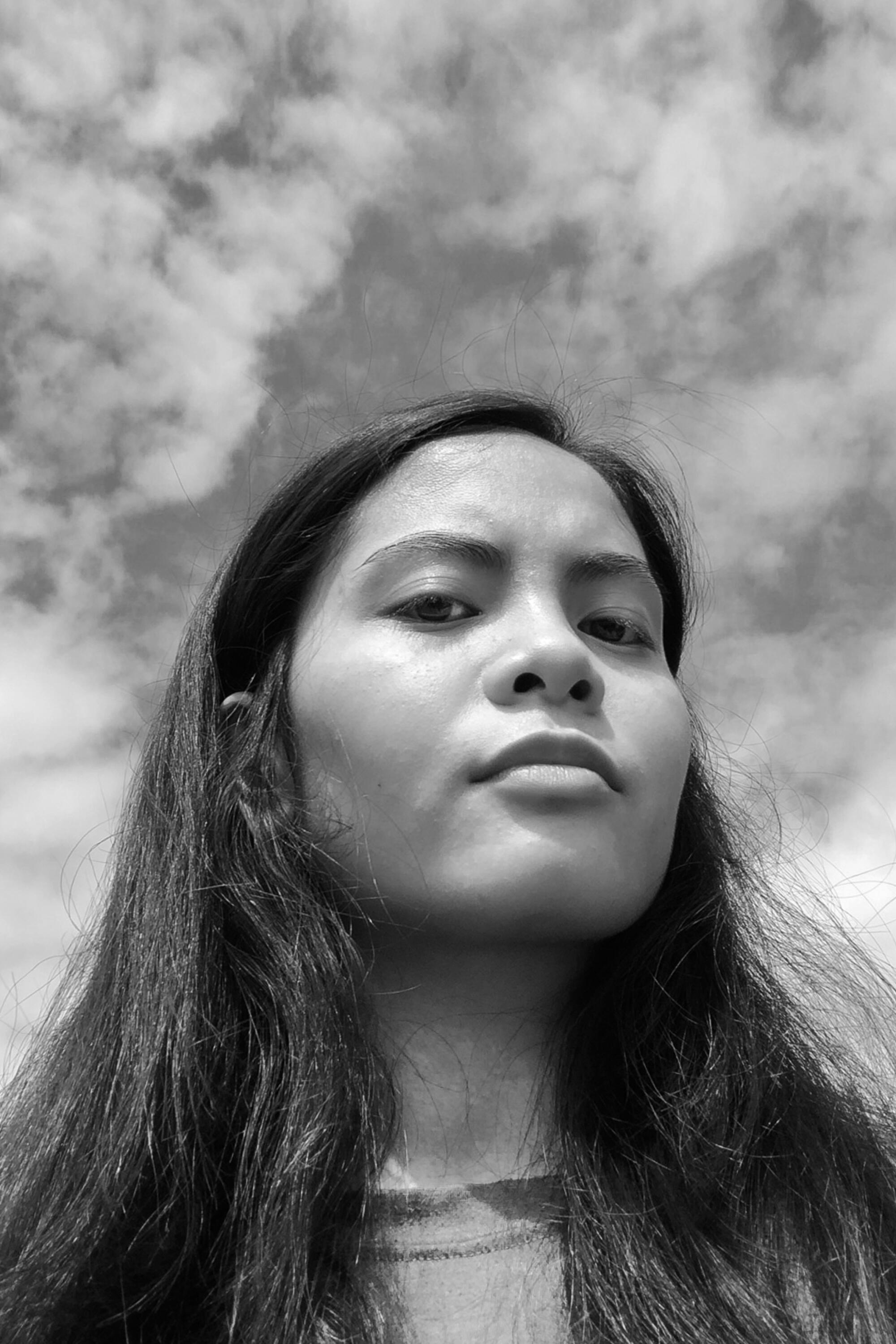
Why not get the shot?
Almost every student surveyed — from Chico to San Diego — had already been fully vaccinated against COVID-19 and supported vaccine mandates for the fall.
“My school is requiring the vaccine, and I agree with this decision,” wrote Jasmine Mendoza of UC Irvine. “The flu shot has already been a requirement to be on campus, so it makes sense that the COVID vaccine would be required as well.”
USC student Rachel Bernstein wrote that she’s dreading the possibility of another sudden dismissal from campus because of an outbreak. But when it comes to the vaccine, she expressed hope about the opportunities it opened up.
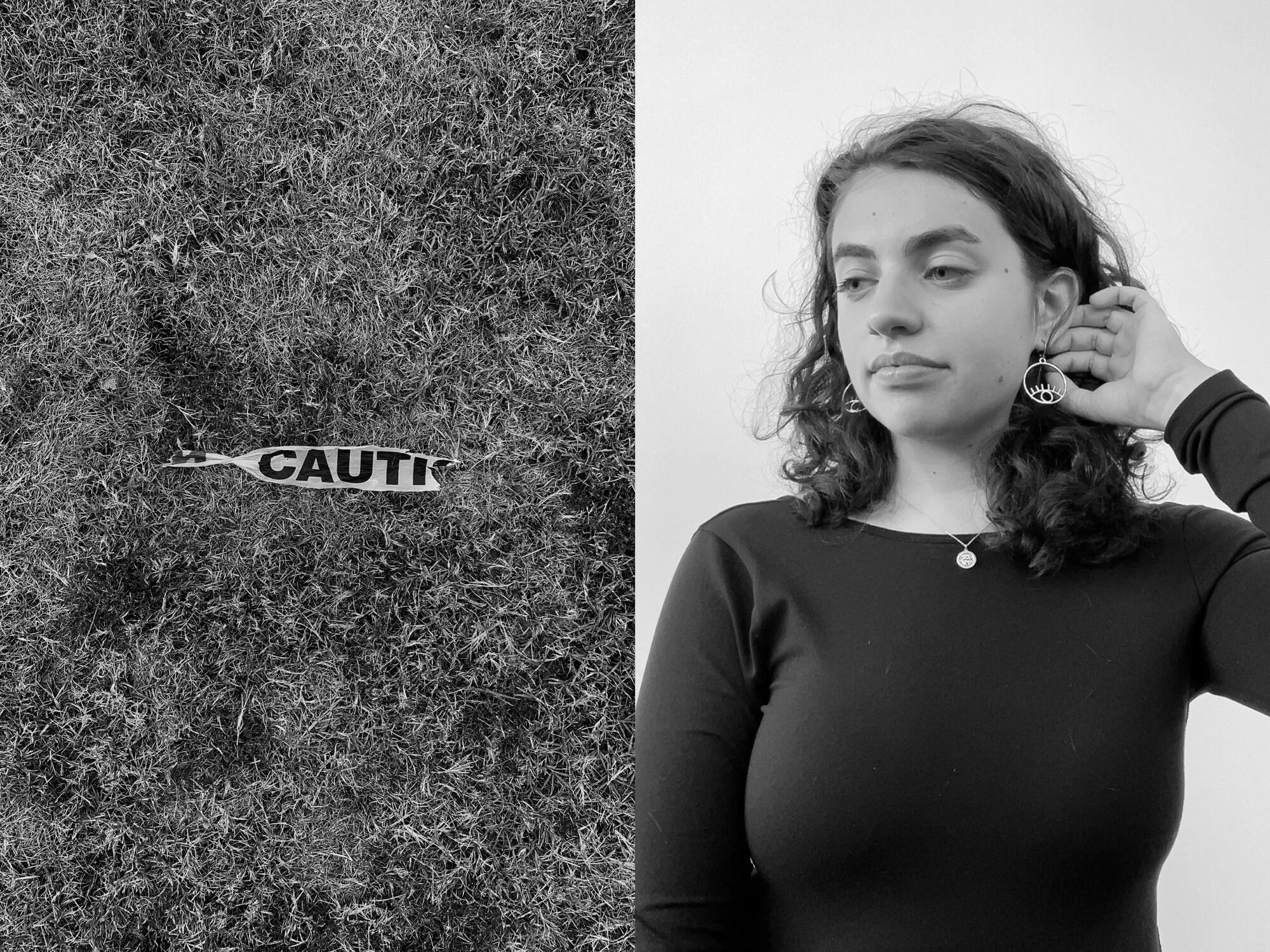
“I believe that the vaccine is our best chance out of the pandemic and away from lockdowns and social distancing,” Bernstein wrote. “I think that for a group that socializes and meets new people as much as college students, it’s important.”
Only a handful of students voiced their discontent with vaccine requirements. Jamil Wilkerson is headed into his second year of law school at USC and said in a phone interview that although he understands how dangerous COVID can be, he’s against any mandate.
“Of course you have to balance that, given the virus and how contagious it is, but I think it should be a personal choice as far as the vaccine and masking requirements at this point,” he said.

Cheyenne Finell attends Fresno State, part of the 23-campus California State University system that announced its vaccine requirement on July 27. A vaccine skeptic, she said that she “100%” would have adjusted her schedule or taken the semester off if she had known she would need to be vaccinated.
Unlike Wilkerson, who is looking forward to returning to campus, Finell would prefer that her school remain online. She’s just as wary of the virus itself as she is of the vaccine and fears that she could bring the virus home to her two children.
Both plan to return to campus in the fall. That means they’re getting their shots.
“I don’t believe in any sort of conspiracy that the government is out to get us,” said Wilkerson. “I’m going to make sure that I’m in compliance with what the school requires.”
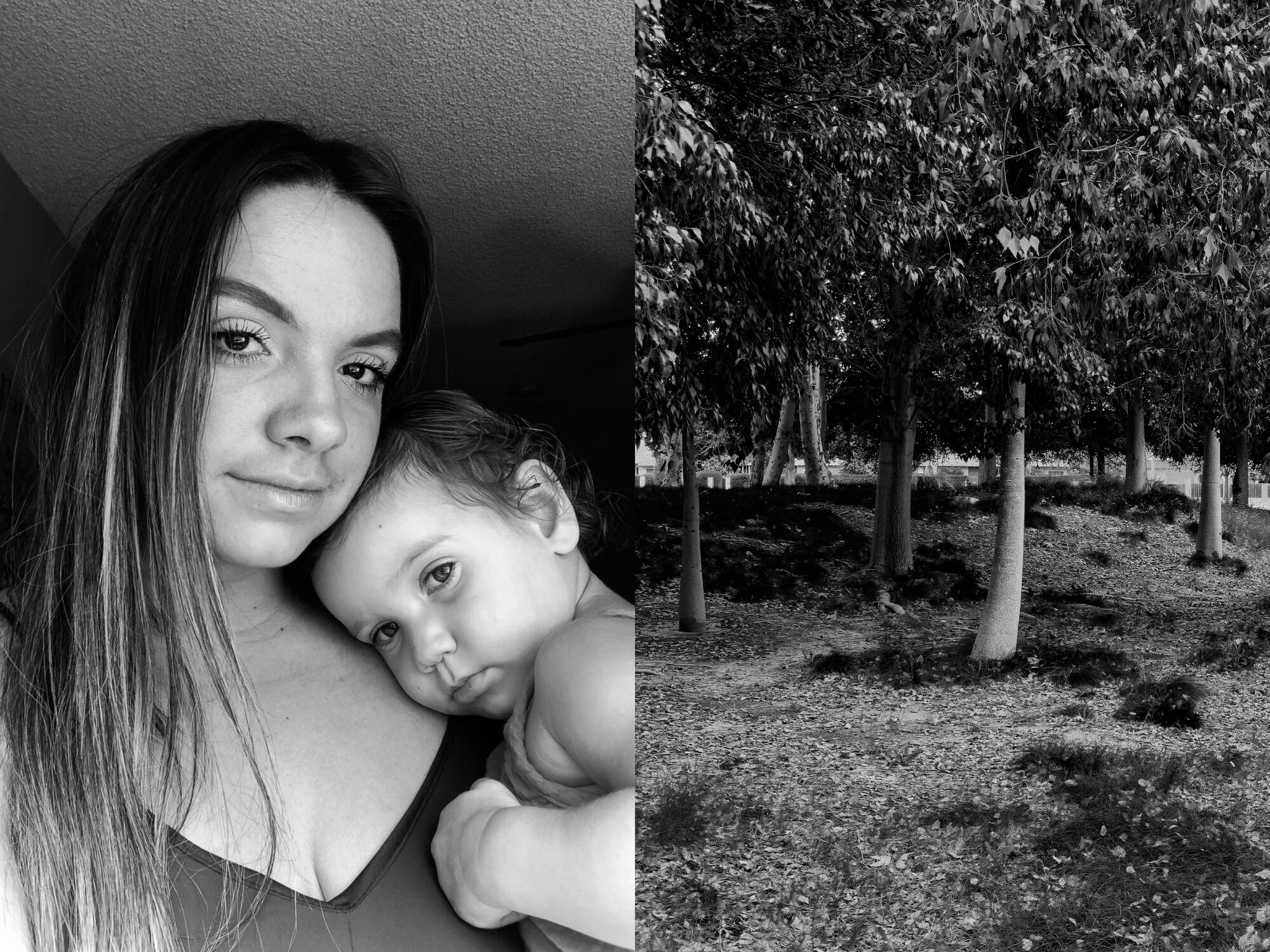
The psychological pandemic: Mental health concerns for the fall
UC Riverside student Jasmine Gaspar had never attended therapy before. She said her family didn’t really discuss the topic of mental wellness growing up. Seeing a therapist had not seemed like an option.
“In my culture, my Latin American background, psychiatry is not very well discussed,” she said in a Zoom interview. “It’s like, ‘Mental health issues? What’s that?’”
Like so many college students, Gaspar said her social isolation was becoming overwhelming. As her mental health faltered, she turned to remote therapy provided by her school. She said she’s had a positive experience so far. She didn’t have to wait long to receive help; the counseling center worked with her schedule and she likes her therapist.
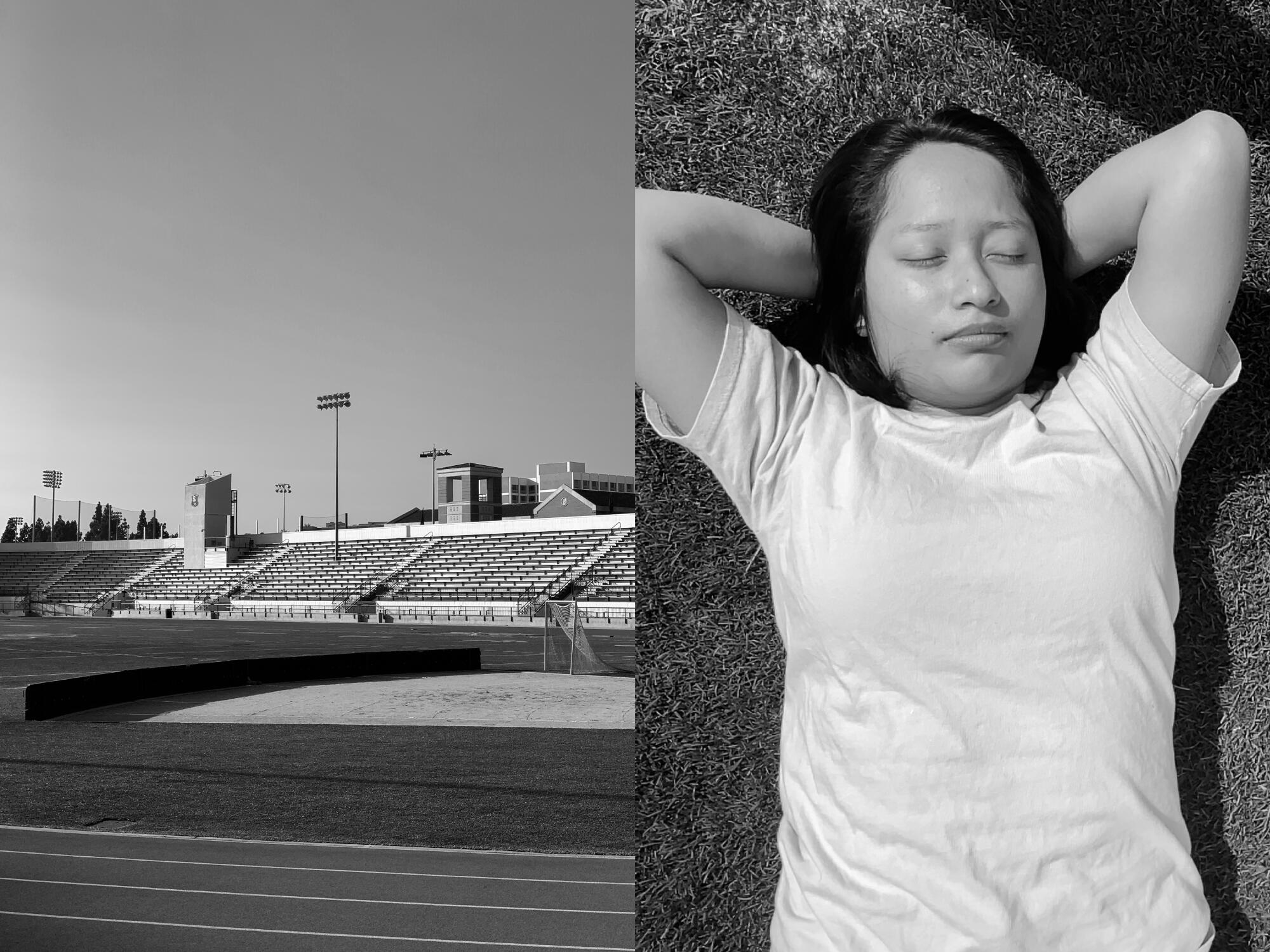
Gaspar might be an exception, however. Adequate access to mental health resources this fall was an extremely common concern among students. Reyes said that at Cal Poly Pomona, “it’s common knowledge” that appointments for therapy are hard to come by.
“I personally have not made an appointment. But I know for a fact, from many students that I’ve talked to, that it’s not an easy thing to do,” he said.
Other college students reported the same at their campuses. Demand for therapy and other services has spiked in the past year. A 2020 study from the Center for Studies in Higher Education found that nationwide, the rate of major depressive disorder in undergraduate and graduate students is twice what it was in 2019.
Students like Reyes and Gaspar, who feel like the loneliness of remote school has been their main mental health challenge, wrote that the return to campus will help.
Reyes is currently on campus completing resident assistant training. He said there’s a noticeable sense of hope and excitement among the RAs.
“People are happy,” he said, laughing. “It feels really nice to be back.”
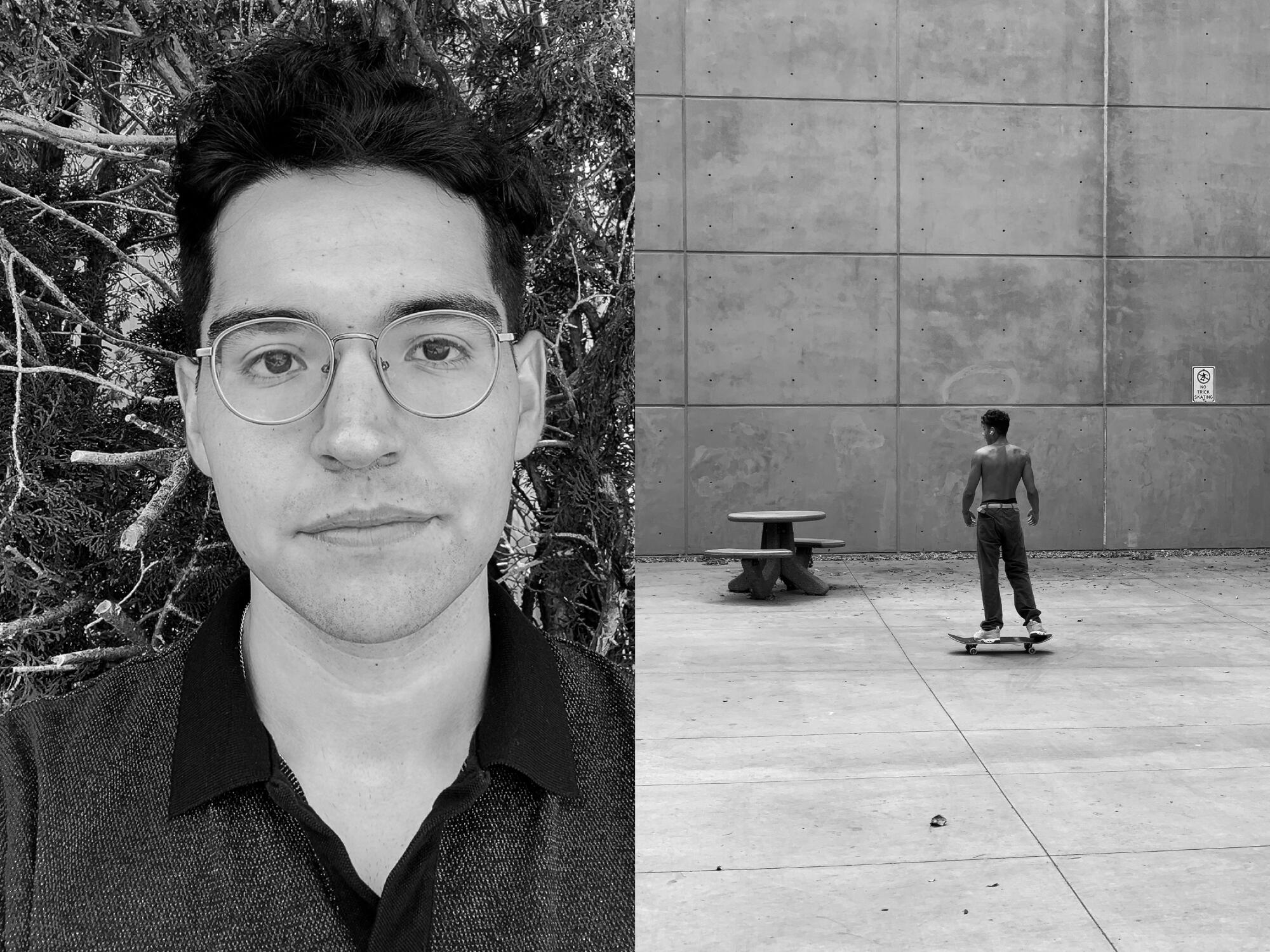
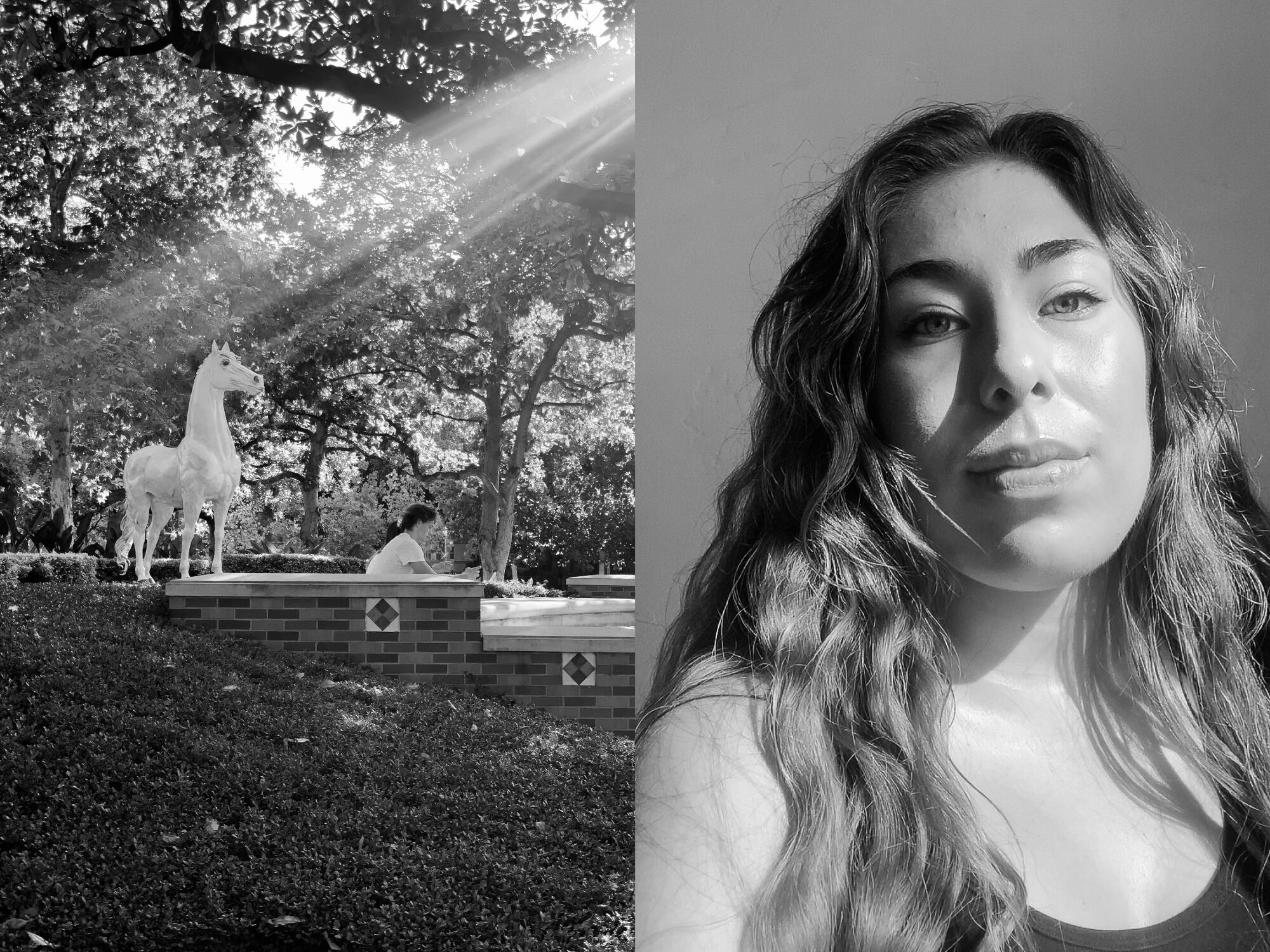
Unfortunately, that isn’t the case for everyone. While some students wrote excitedly about the relief of seeing their friends, others expressed concern that college life and virus concerns could quickly overwhelm them.
“My main concern school-wise is that I’ll be more nervous on campus and not as focused on my studies because I’m focused on sanitizing, keeping distance, etc.,” wrote Carson Poole, a first-year graduate student at San Diego State. “I’m worried that fear will prevent me from meeting people or making friends.”
The everyday challenges that in-person school brings
Beyond worries about keeping themselves physically and mentally healthy, students shared a number of individual concerns that will make their semester harder. Many lost a year of income from work-study jobs and are now struggling financially. One respondent wrote that he will be homeless this semester.
Student parents are facing their own pandemic-related crises. Melanie Olmeda of Cal Poly Pomona and Amanda Thomas of UC Davis, who are parents, wrote about the difficult choice they face. If they’re attending classes in person, will they send their children to school where they could potentially contract the virus? Or will they resort to paying for childcare while their kids start another school year online?
Reyes said he’s had a difficult year, losing his job when the pandemic began and more recently losing a family member. The thought of getting sent home again, facing another year of online school, is difficult to fathom.
Still, he said he has hope for a safe and complete semester of in-person school. He’s ready to get working on that senior bucket list, which now includes a biology elective he never expected to be interested in: epidemiology, the study of disease.
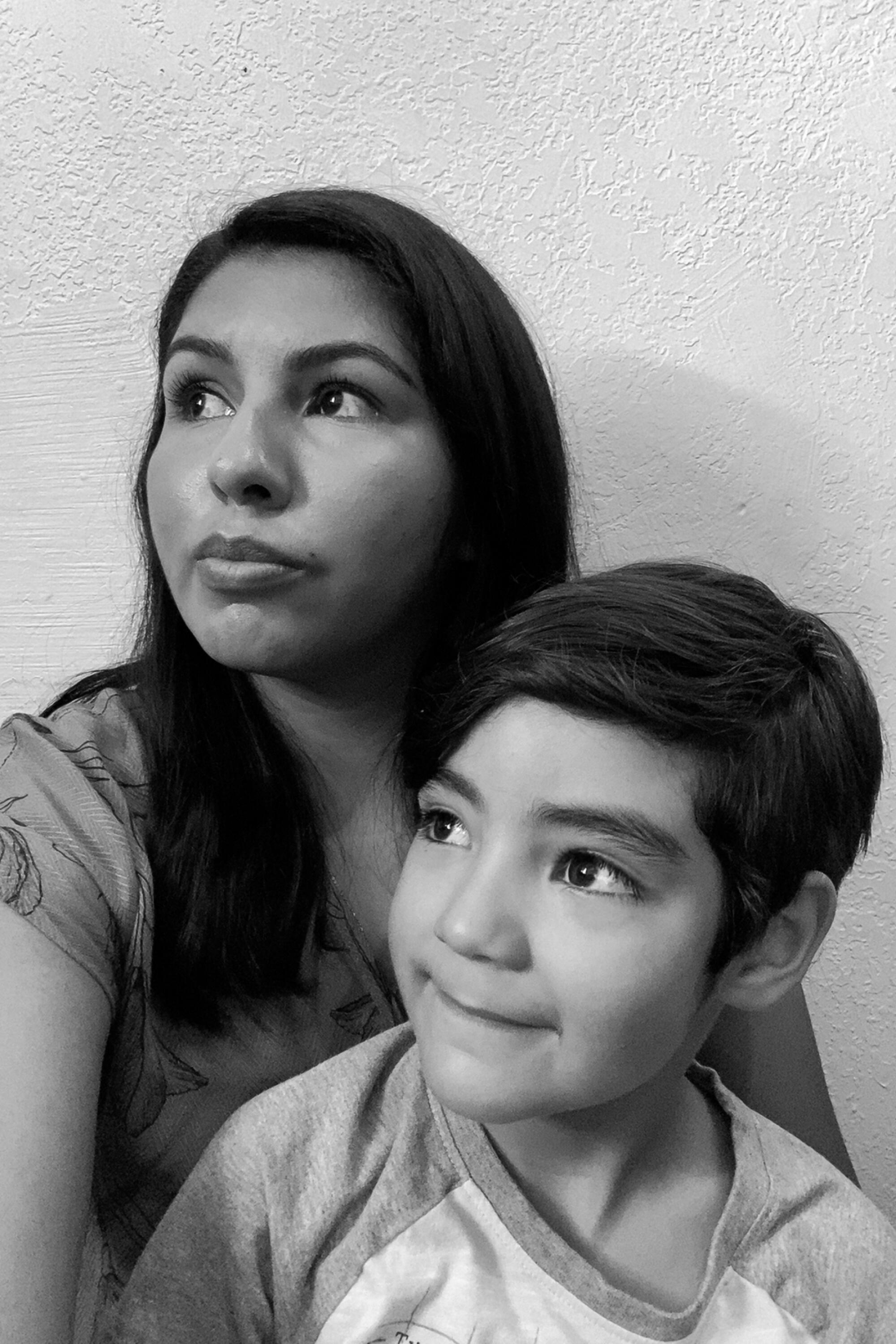
All portraits were made via FaceTime on iPhone. The photographer visited USC and Cal State Northridge for the remainder of the pictures.
More to Read
Sign up for Essential California
The most important California stories and recommendations in your inbox every morning.
You may occasionally receive promotional content from the Los Angeles Times.
